So recently I have stumbled upon a youtube video(I'm not sure i can link it) about efficiency in c#, mainly writing efficient code for a unity engine game. So at some point in the video he showcases a struct that implements an interface with arbitrary number of generic parameters. Here is a picture to illustrate what he did:
The interface I am trying to replicate is the IJobsProcess. So what I got from what he said in the video is that the interface can take an arbitrary number of generic parameters. In conclusion how can i create an interface like that in c#? And please correct me if I said anything wrong here.
